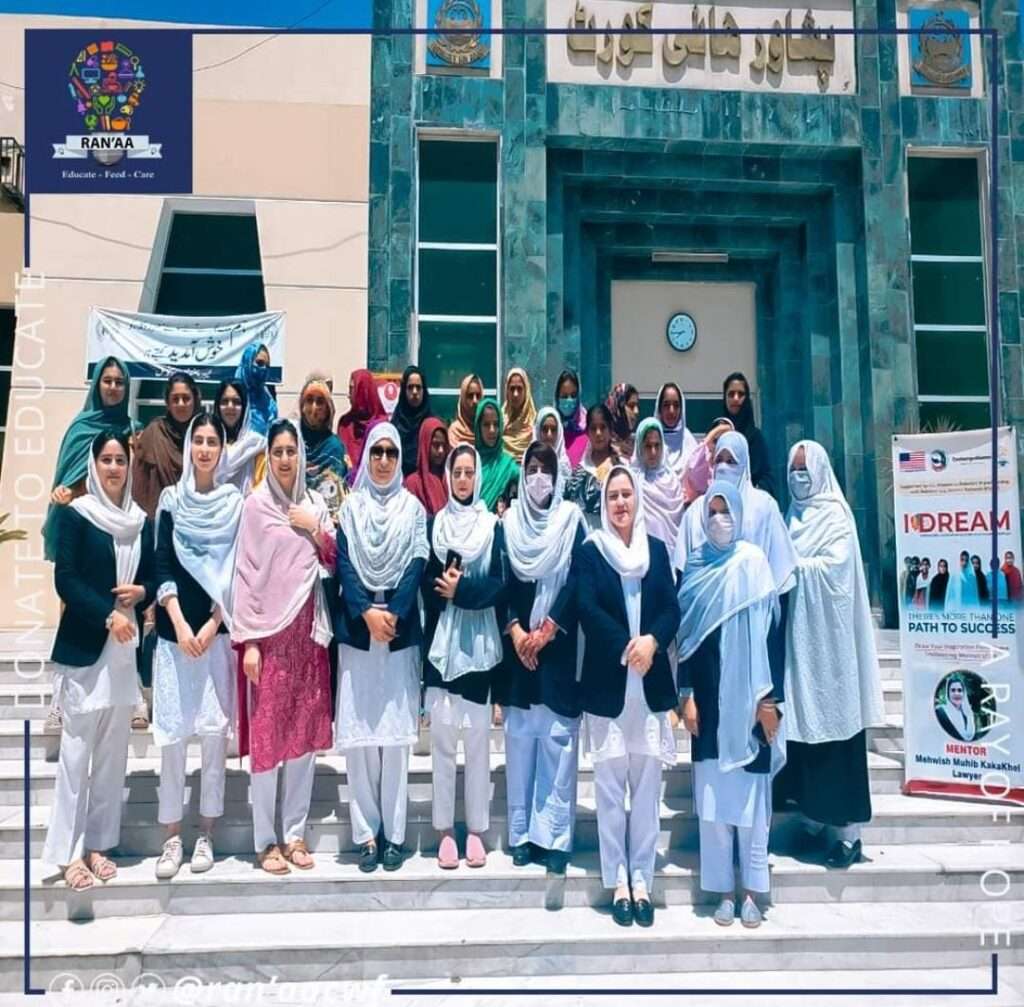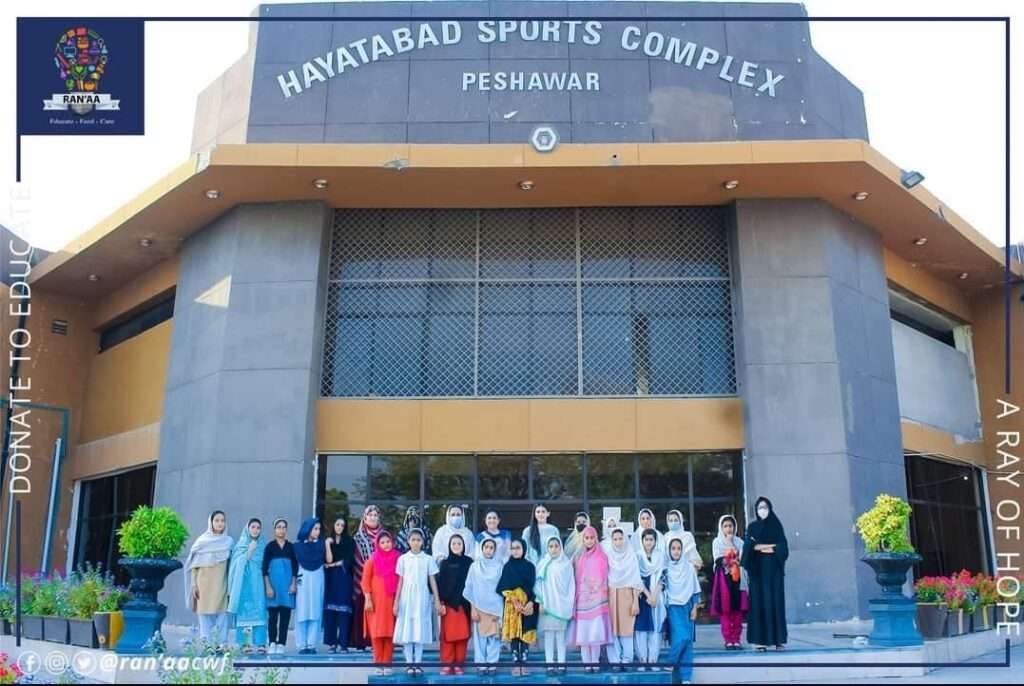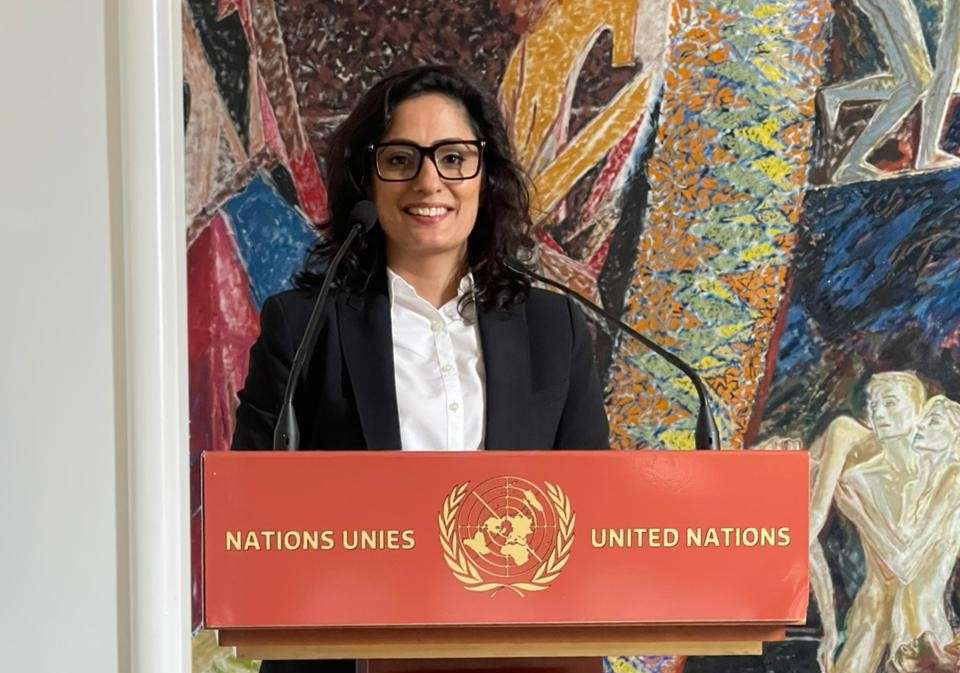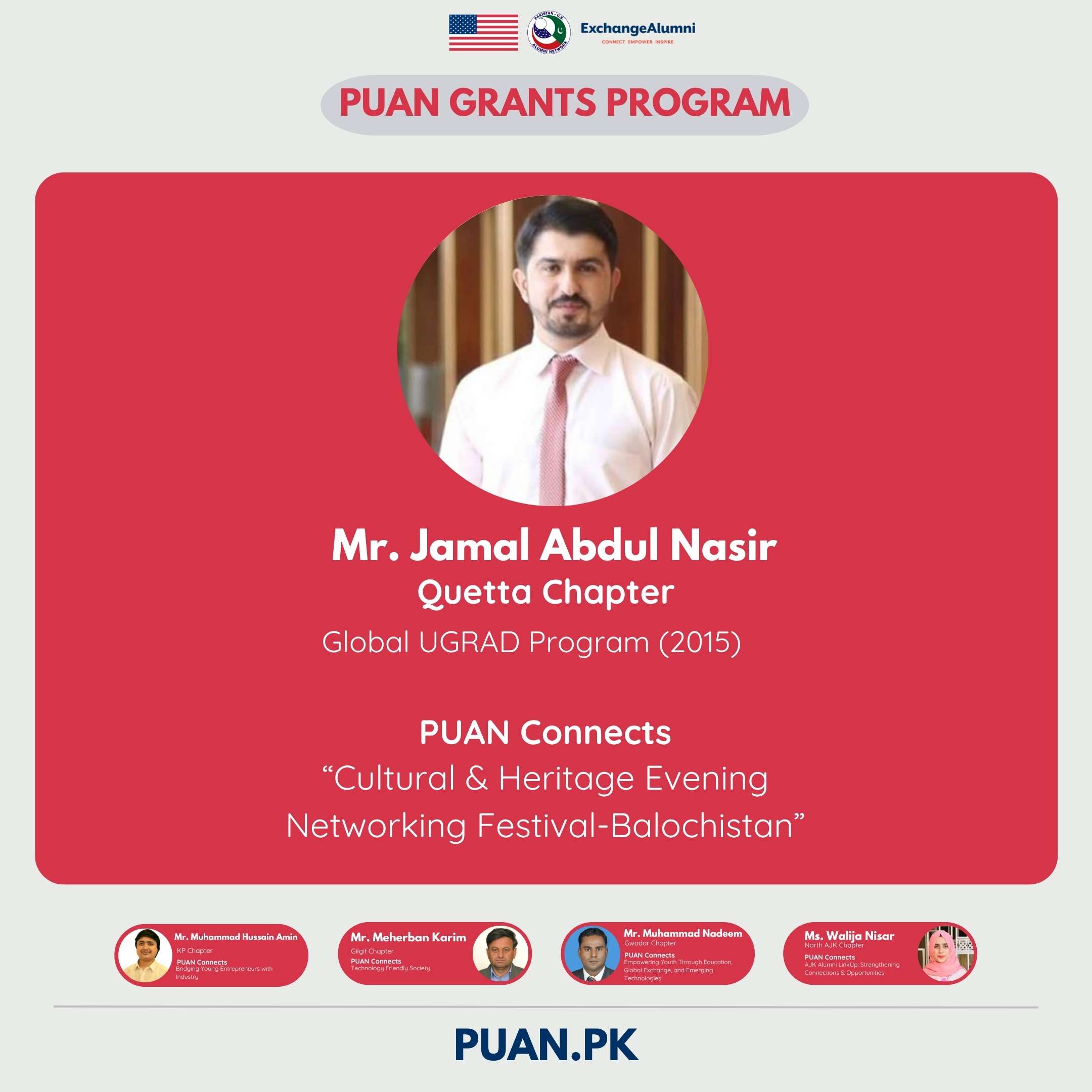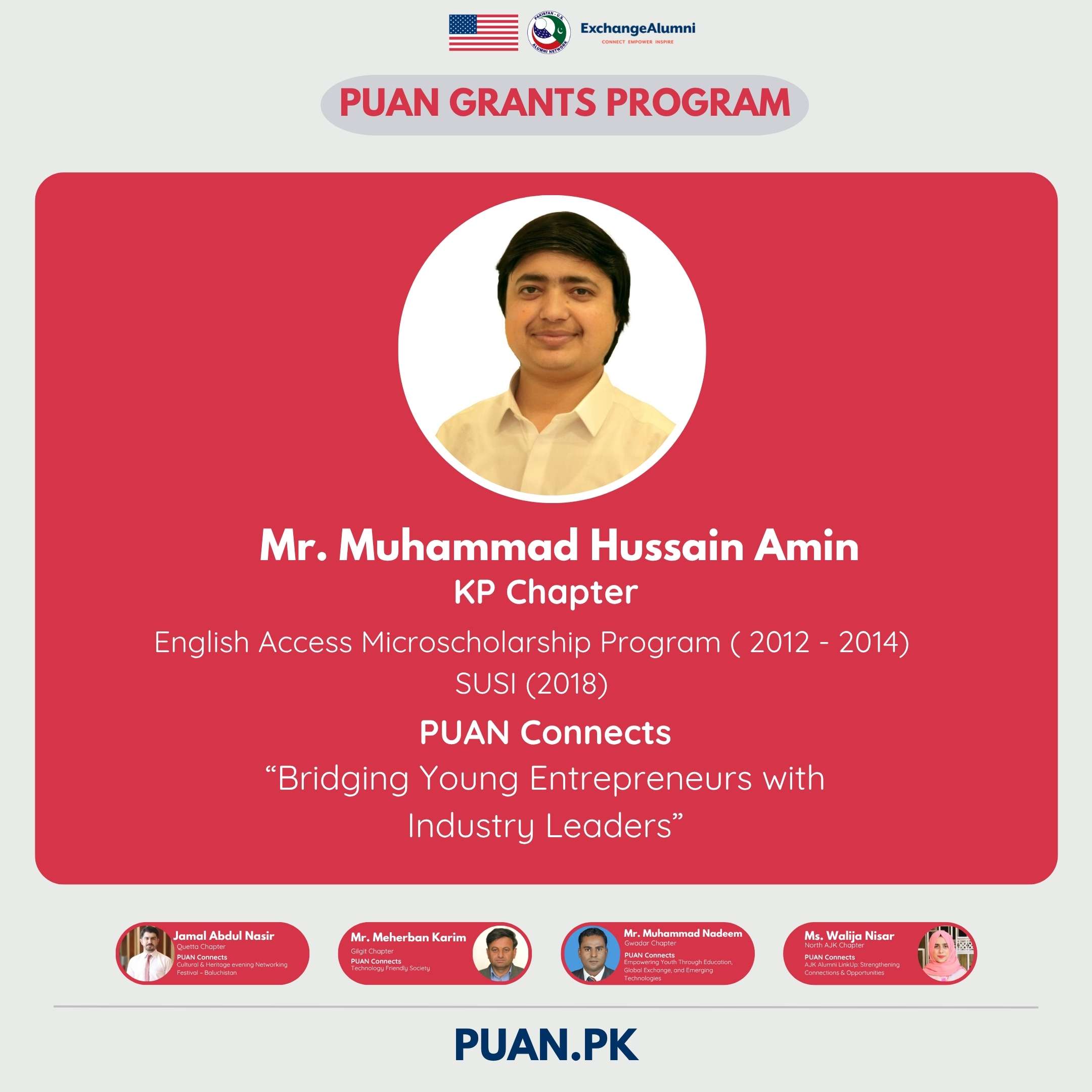In the hushed corners of Peshawar, where poverty casts long shadows and opportunities flicker like distant stars, reside young girls whose dreams struggle to take flight. Enter ‘I Dream’, a project that doesn’t just whisper possibilities; it throws open the windows of their minds and paints the sky with vibrant hues of ambition. At the helm stands Mahvesh Ali Khan, IVLP alumna, a warrior for social change and the guiding light of Ran’aa Child Welfare Foundation.
Since beginning, Mahvesh has been a relentless champion for marginalized communities, her foundation a beacon of education and skill development for street children and those left behind by the formal education system. But her fight for equality extends beyond access to textbooks and classrooms. It’s a fight for dreams, for the right to envision futures unburdened by circumstance and prejudice. ‘I Dream’, fueled by the Alumni Small Grant (ASG) program, became her battle cry, her weapon of choice in this fight.
Twenty-five young girls, handpicked from the shadows of Ran’aa, became the protagonists of this transformative tale. For four weeks, Peshawar metamorphosed into their playground, not of narrow alleys and hushed whispers, but of boardrooms echoing with power and studios buzzing with creativity. They met women who redefined success – journalists wielding words like weapons, bureaucrats shaping landscapes of change, archaeologists unearthing forgotten stories, bankers building empires of opportunity. Each encounter was a brushstroke on their dreamscapes, a testament that doctors, engineers, CEOs weren’t distant figures in glossy magazines, but reflections staring back from the eyes of these accomplished women.
Mahvesh understood the shackles that bound these girls – the whispers of societal expectations, the limitations imposed by poverty and tradition. ‘I Dream’ wasn’t just about showcasing possibilities; it was about dismantling these shackles, brick by empowering brick. Through workshops led by the very women they met, they learned to code, to write, to navigate the complexities of finance, to lead with strength and grace. These weren’t mere lessons; they were tools, hammers chiseling away at the walls of self-doubt, blueprints for building futures bathed in the light of their own aspirations.
The impact wasn’t confined to workshops and inspirational talks. It spilled into their lives, coloring their realities with newfound confidence. Sobia, 15, found her athletic spirit ignited by meeting sportswoman Tameen, her steps now echoing with the determination to conquer sporting arenas. Aqsa, 14, saw a reflection of her future self in the resolute bureaucrat Zainub Naqvi, and her eyes gleamed with the ambition to shape policies and empower communities. The project wasn’t just about planting seeds of dreams; it was about providing the fertilizer of mentorship and the sunlight of opportunity to watch them blossom.
Mahvesh’s journey wasn’t a solitary one. The U.S. Mission and Pakistan-U.S. Alumni Network (PUAN) stood shoulder-to-shoulder, their unwavering support providing wings to ‘I Dream’. Their collaboration ensured seamless execution, amplifying the project’s reach and leaving an indelible mark on the lives of these young girls.
‘I Dream’ is more than just a project; it’s a revolution whispered in hushed corners, a rebellion against limitations, and a testament to the transformative power of human connection. It’s a story not just about inspiring dreams, but about equipping girls with the tools and courage to chase them with unwavering wings. For in their empowered eyes, we see not just individual victories, but the dawn of a future where shadows give way to soaring ambitions, and girls from Peshawar rewrite the narrative, not just for themselves, but for generations to come.

